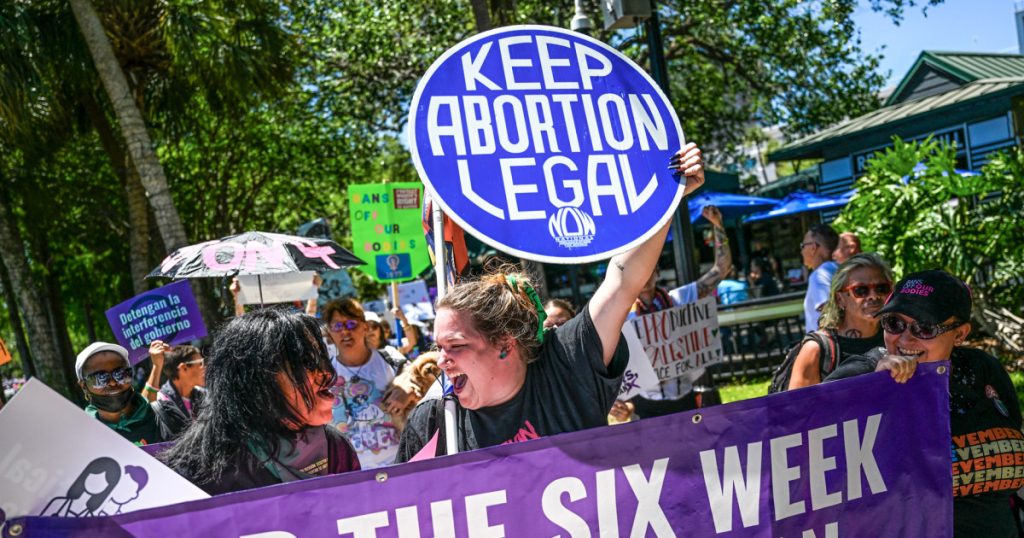In many Southern states, the closest abortion providers for women will be in Illinois, making access to reproductive health care difficult, especially for those with low incomes who may not be able to afford the trip. Women in Florida who travel out of state for abortion can expect to pay over $2,000 in medical costs, along with travel and child care expenses. Dr. Jennifer Lincoln, an OB-GYN and founder of Three for Freedom, an online hub that helps people access birth control and abortion pills, noted that despite telehealth, out-of-state abortion providers will struggle to serve the 84,000 women who had abortions in Florida last year.
The legal situation surrounding abortion in Florida is complex, with physicians facing potential jail time if they violate the state’s abortion law. If an out-of-state doctor prescribes abortion pills for a Florida patient, the state’s attorney general could seek extradition for prosecution if the doctor’s state does not have a shield law protecting providers. States with shield laws, which have vowed not to extradite doctors performing abortions, pose a challenge to prosecuting doctors who provide telehealth services across state lines.
Attorneys general from conservative states, including Florida, have raised concerns about Maine’s shield law, which protects providers of abortion as well as gender-affirming care. They argue that Maine’s shield law violates the Constitution’s full faith and credit clause by not respecting other states’ laws, particularly in the context of gender-affirming care. As these abortion shield laws are new and have not been tested in court, the possibility of a legal conflict between states, potentially reaching the Supreme Court, looms over the issue.
The Florida attorney general’s office did not respond to inquiries, leaving uncertainty about how the state will enforce its abortion law when it comes to out-of-state providers. Doctors providing telehealth services usually treat patients within the same state, and the issue of cross-border telehealth abortion services adds complexity to an already contentious legal landscape. With Florida voters being given the opportunity to vote on a constitutional amendment to protect abortion access in November, the debate over reproductive rights and laws surrounding abortion is likely to continue.
Kristi Hamrick, vice president of Students for Life Action, a prominent anti-abortion group, expressed skepticism about states creating safe havens for abortion through shield laws. She predicted that attempts to carve out such safe spaces would likely end up in court battles. As states navigate these legal challenges and potential conflicts over abortion laws and enforcement, the fate of reproductive rights and access to abortion services hangs in the balance, with various stakeholders voicing concerns and taking action to uphold or restrict access to abortion services.


